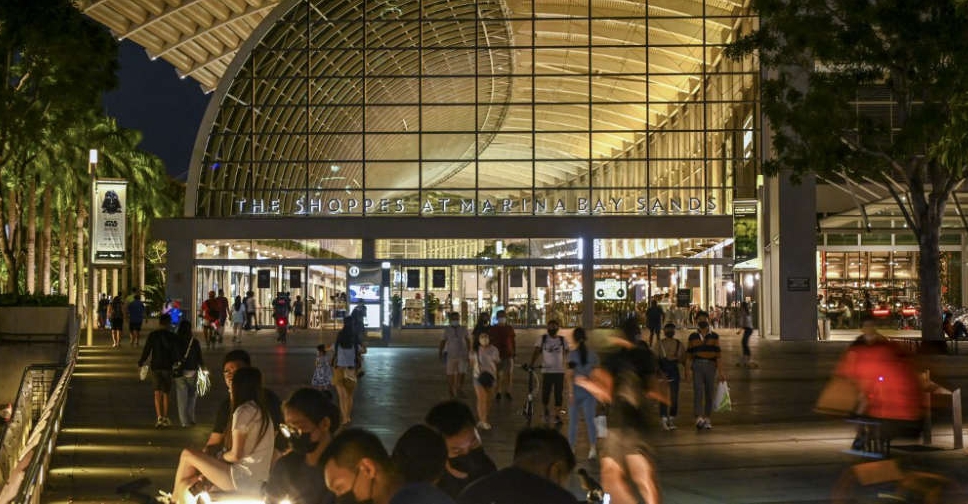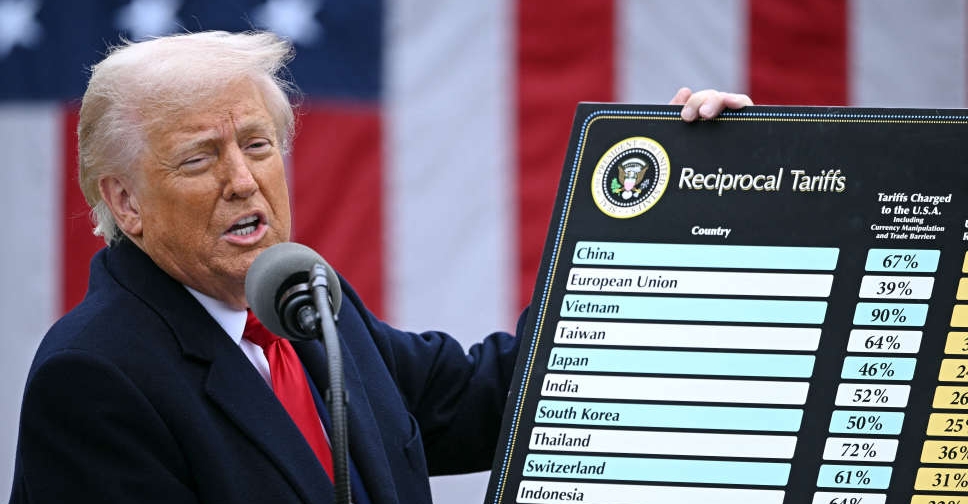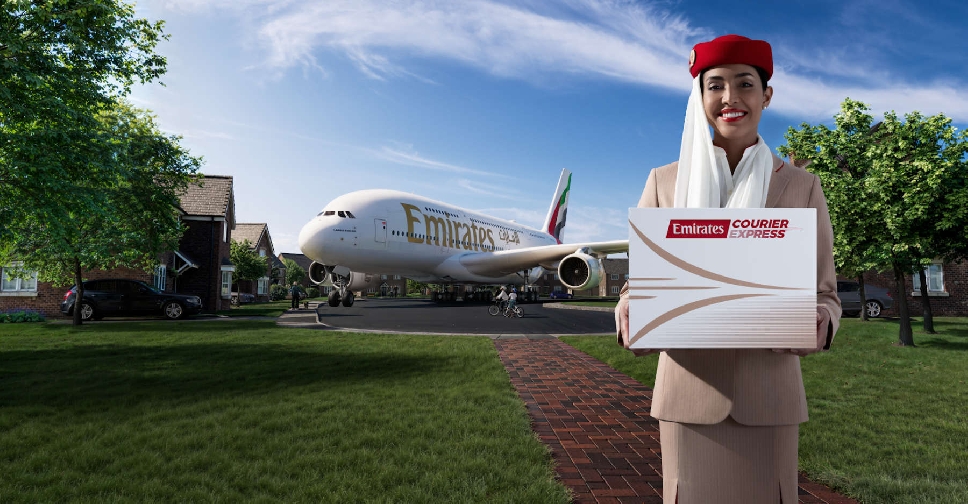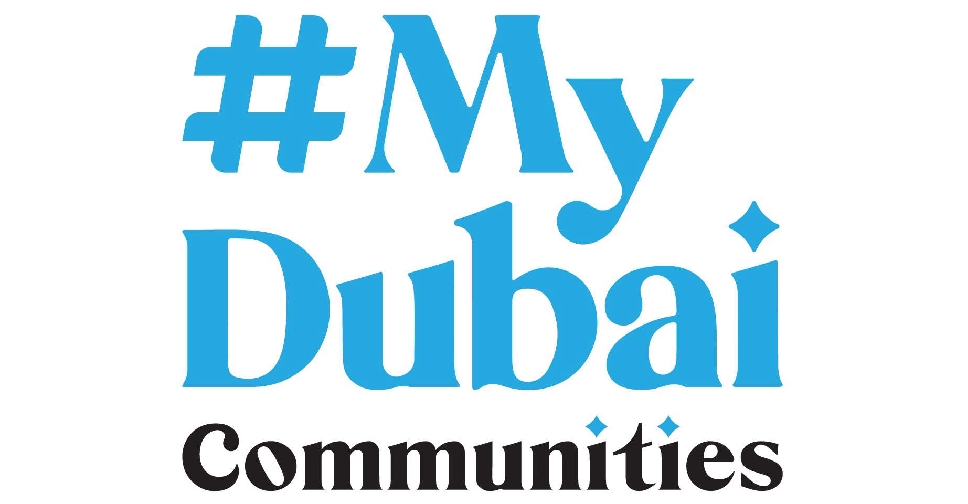
On January 1st, Singapore's sales tax goes up for the first time in 15 years. From next year, the sales tax on everything from groceries to diamond rings goes from 7% to 8%. Barring a sharp global economic downturn next year, it will then rise to 9% in 2024 as the city state of 5.6 million people raises revenue to support its ageing population.
Overall, economists say the impact of the one percentage point tax hike may be muted, with a consumer spending surge before the rise likely to be offset by a drop afterwards. But for residents like Soif, it's a significant trigger.
At 8%, Singapore's new sales tax will be slightly higher than Thailand's 7% but lower than Indonesia's 11%, less than half the roughly 20% rate imposed in many countries in Europe, and below Japan's 10%.
Singapore's move to forge ahead with the tax increase comes even as some countries, like Thailand and Italy, approve consumption tax breaks to help citizens cope with the rising cost of living crisis.
OCBC economist Selena Ling said the current "positive bump" in big-ticket consumer purchases was good for the retail sector, but the impact on the overall economy is likely to be muted. The sale or lease of residential property is exempt from the tax, while the impact on car sales remains uncertain, with prices at record highs this year.
Ling expects economic growth in the first quarter of next year to be slow with "less consumer appetite for excessive spending in the near term until the uncertainties abate".
'BEAT THE TAX HIKE!'
From department stores to furniture shops, savvy retailers are tapping into residents' 'smart shopping' mode, with promotions telling consumers to "Beat the goods and services tax hike!"
At jewellery boutique LeCaine Gems in an upscale mall near the Marina Bay area, co-founder Michael LeCaine said he's been nudging non-committal customers into purchases by bringing up the tax hike so they will "make a decision there and then".
Government statistics show retail doing well.
Sales rose 11.2% in September compared with the same month a year earlier, and then grew 10.4% year-on-year in October. Outstanding credit card balances in Singapore climbed 16% year-on-year in the third quarter of 2021, according to the central bank.
LeCaine Gems had a 15% increase in sales last month compared to the same month in 2021, while jewellery chain SK Jewellery Group reported a 25% increase year-on-year for the period from September to November.
The upbeat spending comes against a backdrop of concern, and some opposition, among the population about the tax hike.
But the move's supporters say Singapore has no option but to increase state revenue to cope with the expected surge in its ageing population. The government estimates a quarter of the population will be 65 and older by 2030.
To soften the blow, the government has pledged to give almost 3 million Singaporeans at least S$700 in cash payouts over five years as part of an S$8 billion "assurance package". It has also said it would review the second step of the tax hike if there was a major global downturn next year.


 Shares bruised, dollar crumbles as Trump tariffs stir recession fears
Shares bruised, dollar crumbles as Trump tariffs stir recession fears
 Wall Street futures sink as tariffs fuel recession fears
Wall Street futures sink as tariffs fuel recession fears
 Trump to impose 10% tariff on UAE, Saudi Arabia imports
Trump to impose 10% tariff on UAE, Saudi Arabia imports
 UAE tops global entrepreneurship rankings for 4th straight year
UAE tops global entrepreneurship rankings for 4th straight year
 Emirates launches express delivery service
Emirates launches express delivery service




